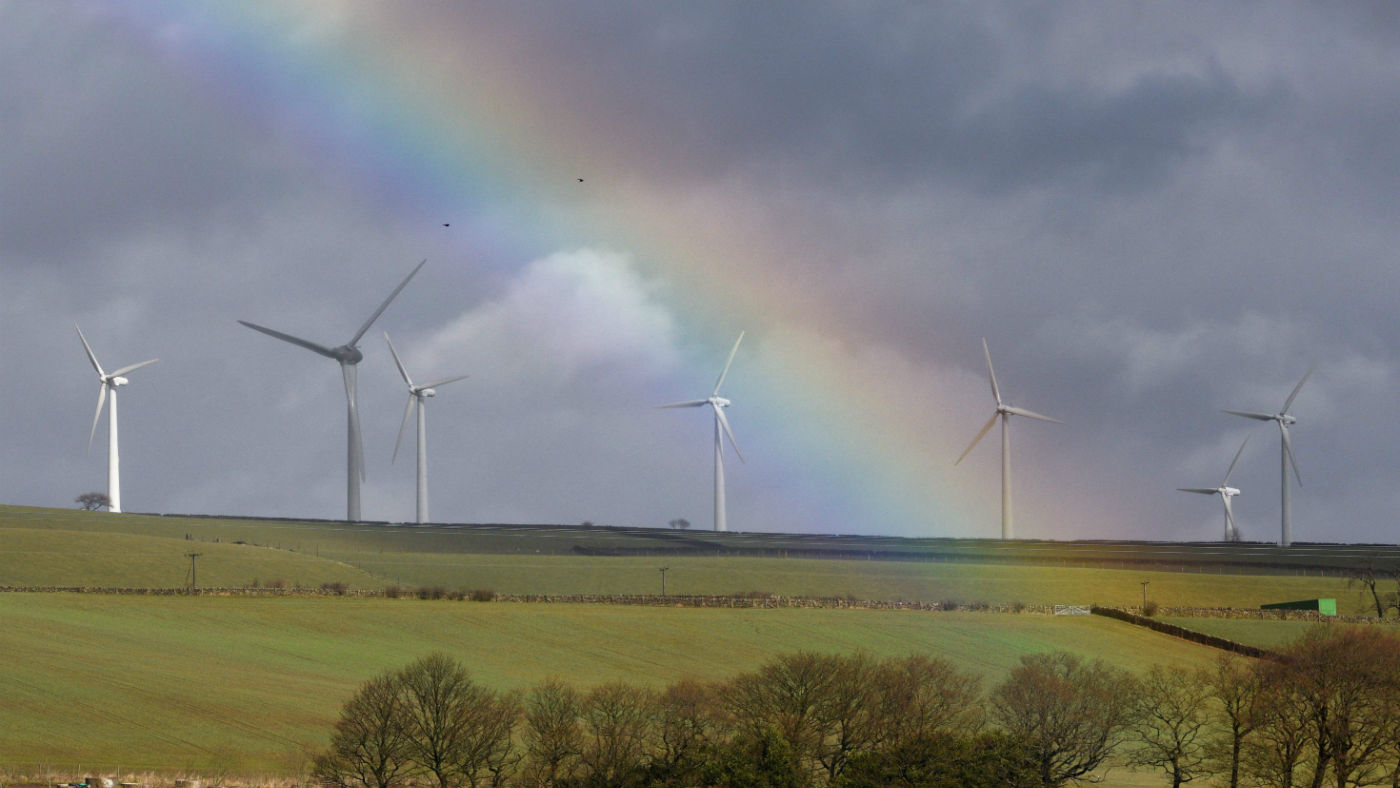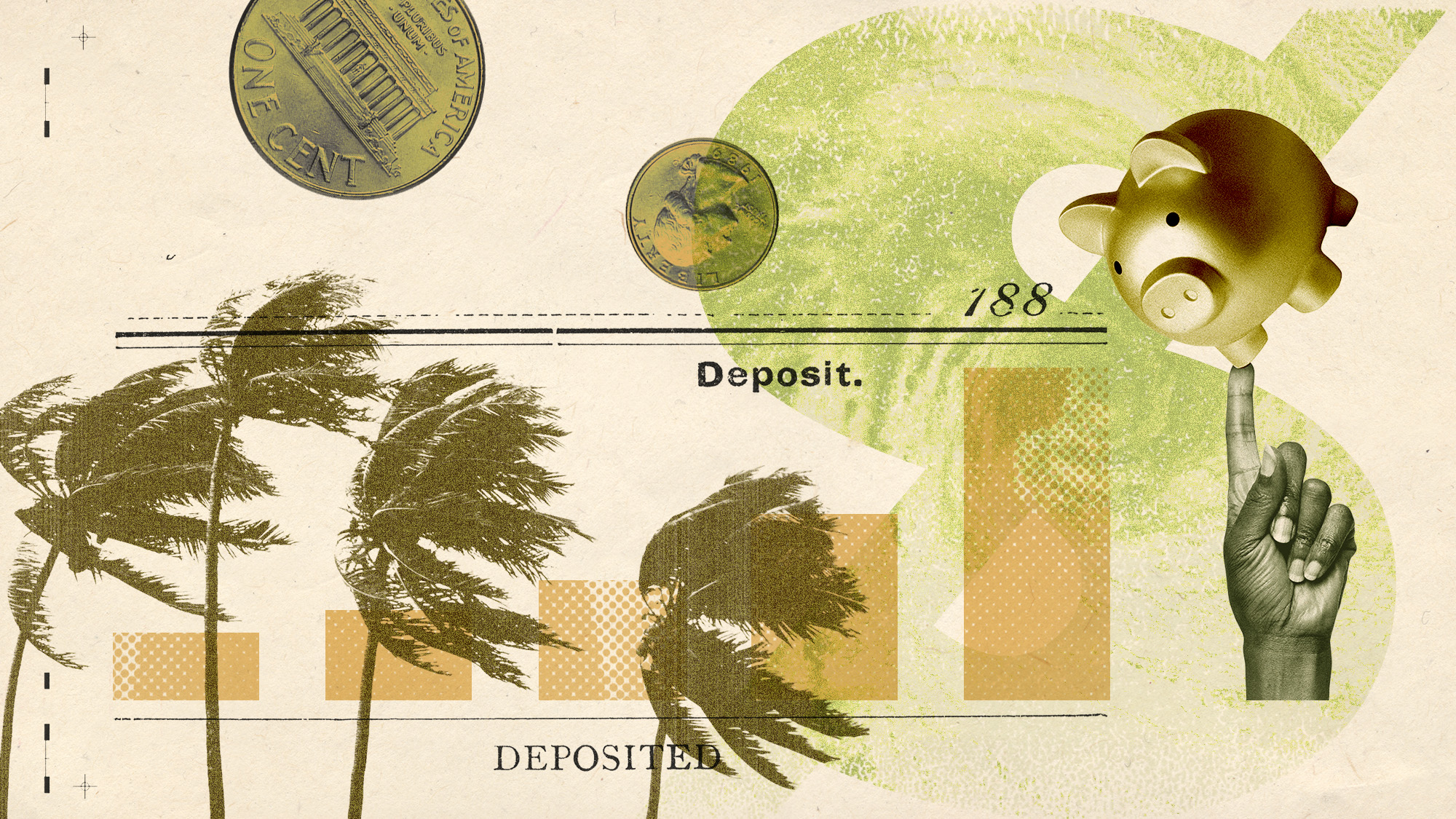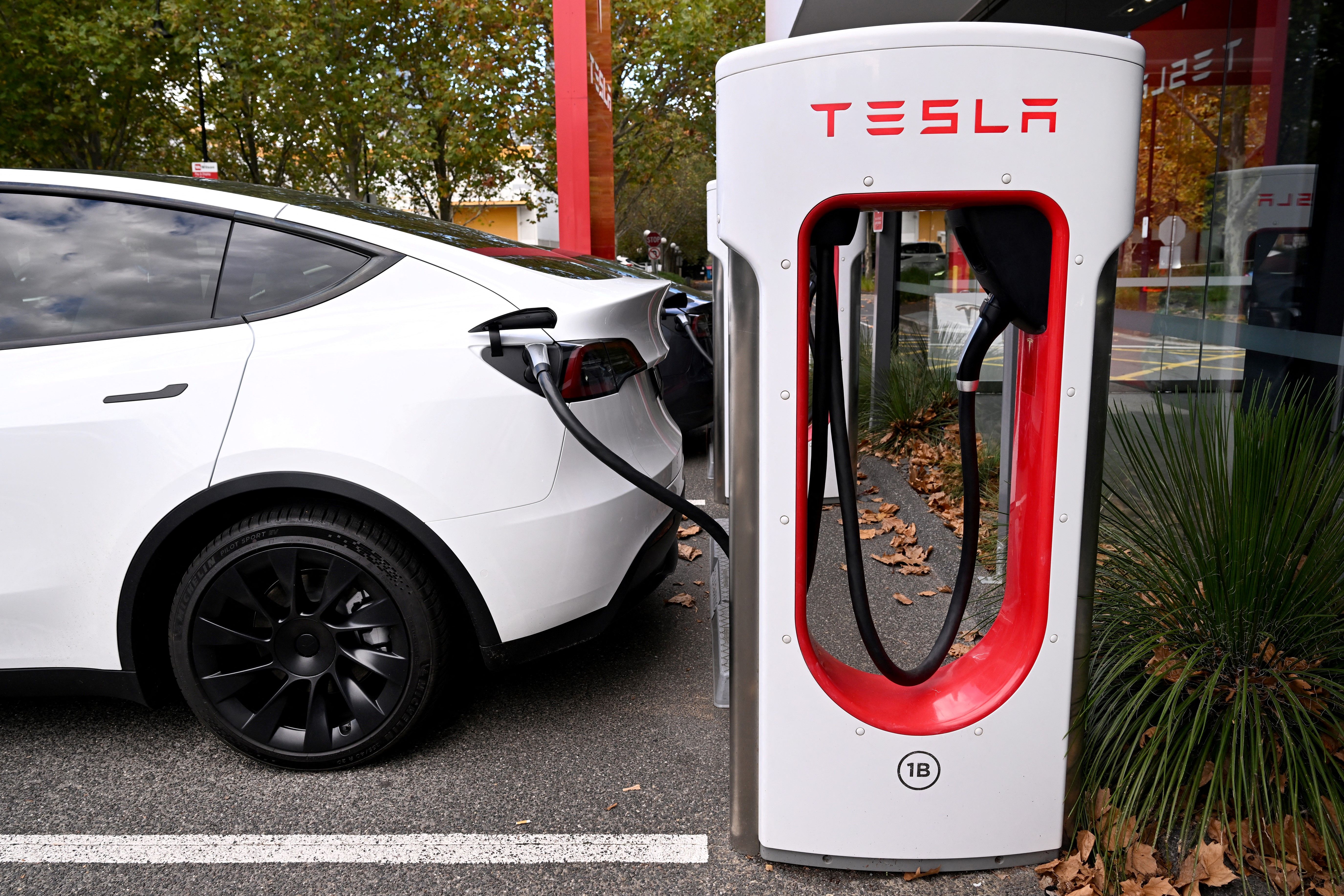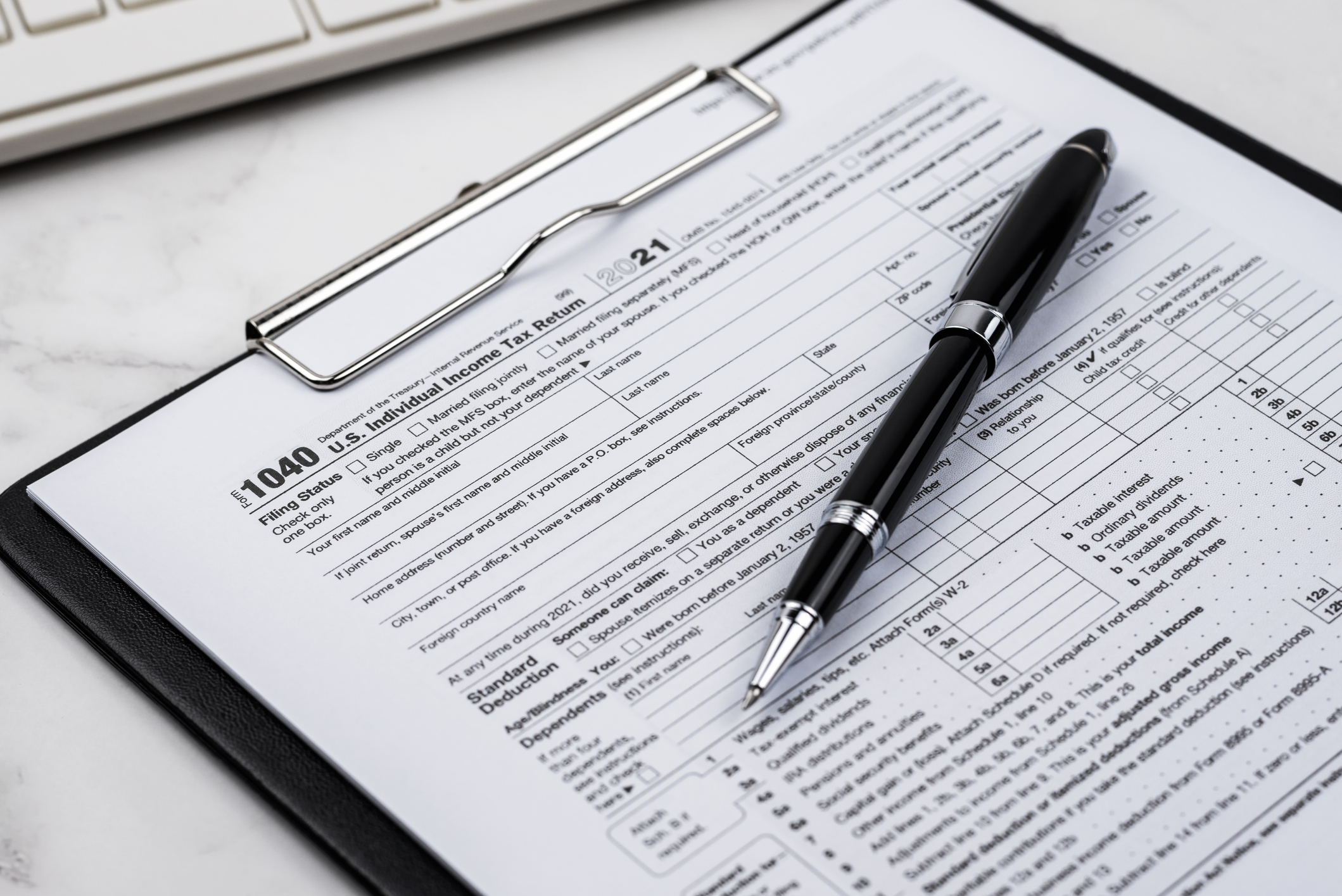‘Green Industrial Revolution’: reactions to Boris Johnson’s ten-point plan
UK to ban new petrol and diesel cars by 2030 as part of newly unveiled initiative to tackle climate change and create jobs

A free daily email with the biggest news stories of the day – and the best features from TheWeek.com
You are now subscribed
Your newsletter sign-up was successful
Boris Johnson has pledged to “level up” Britain through a “Green Industrial Revolution” aimed at creating thousands of jobs while tackling climate change.
In an article for the Financial Times, the prime minister writes that “now is the time to plan for a green recovery” as the nation seeks to “repair the economic damage from Covid-19”.
Johnson lays out a ten-point plan of action that includes a UK ban on the sale of new cars and vans powered wholly by petrol and diesel from 2030. As Reuters notes, the new date “is five years earlier than the 2035 pledge made by Johnson in February”.
The Week
Escape your echo chamber. Get the facts behind the news, plus analysis from multiple perspectives.

Sign up for The Week's Free Newsletters
From our morning news briefing to a weekly Good News Newsletter, get the best of The Week delivered directly to your inbox.
From our morning news briefing to a weekly Good News Newsletter, get the best of The Week delivered directly to your inbox.
The PM claims that “this ten-point plan will turn the UK into the world’s number one centre for green technology and finance, creating the foundations for decades of economic growth”.
What are the key aims in the ten-point plan?
According to the Gov.UK website, “the prime Minister’s ten points, which are built around the UK’s strengths, are”:
- Offshore wind: producing enough offshore wind to power every home, quadrupling how much we produce to 40GW by 2030, supporting up to 60,000 jobs
- Hydrogen: working with industry aiming to generate 5GW of low carbon hydrogen production capacity by 2030 for industry, transport, power and homes, and aiming to develop the first town heated entirely by hydrogen by the end of the decade
- Nuclear: advancing nuclear as a clean energy source, across large scale nuclear and developing the next generation of small and advanced reactors, which could support 10,000 jobs
- Electric vehicles: accelerate the transition to electric vehicles, and transform the national infrastructure to better support electric vehicles. An investment of £1.3bn will see the rollout of charge points for electric vehicles in homes, streets and on motorways across England
- Public transport, cycling and walking: make cycling and walking more attractive ways to travel and invest in zero-emission public transport of the future
- Jet zero and greener maritime: support difficult-to-decarbonise industries to become greener through research projects for zero-emission planes and ships
- Homes and public buildings: make homes, schools and hospitals greener, warmer and more energy efficient, whilst creating 50,000 jobs by 2030, and a target to install 600,000 heat pumps every year by 2028.
- Carbon capture: become a world-leader in technology to capture and store harmful emissions away from the atmosphere, with a target to remove 10MT of carbon dioxide by 2030, equivalent to all emissions of the industrial Humber today
- Nature: protect and restore the natural environment, planting 30,000 hectares of trees every year, while creating and retaining thousands of jobs
- Innovation and finance: develop cutting-edge technologies needed to reach these new energy ambitions and make the City of London the global centre of green finance
Downing Street says that a total of up to 250,000 green jobs will be created and supported under than schemes.
A free daily email with the biggest news stories of the day – and the best features from TheWeek.com
To deliver on six points of the plan, Johnson is also pledging major new investment, including £200m of new funding to create two carbon capture clusters by the mid-2020s, with another two to be created by 2030. Up to £500m is to be invested in hydrogen technologies, including trialling homes using hydrogen for heating and cooking.
In addition, £525m will be pumped into helping to develop large and smaller-scale nuclear plants, and research and develop new advanced modular reactors.
And the reaction?
The Gov.uk site says the government will “mobilise” a total of £12bn of investment for its green initiative.
However, analysts have told Sky News that only £4bn is new money. And critics claim that figure is “far too small for the scale of the challenge”, the BBC adds.
Shadow business secretary Ed Miliband has said the funding does not “remotely meet the scale of what is needed” and that “only a fraction of the funding announced today is new”.
Meanwhile, Mike Hulme, professor of human geography at the University of Cambridge, said it was “far more important to endorse the direction of travel that has been set for the next decade”.
But Tanya Steele from WWF-UK said the government had “fired the starting gun on the action we need to see”.
Mike Starling is the former digital features editor at The Week. He started his career in 2001 in Gloucestershire as a sports reporter and sub-editor and has held various roles as a writer and editor at news, travel and B2B publications. He has spoken at a number of sports business conferences and also worked as a consultant creating sports travel content for tourism boards. International experience includes spells living and working in Dubai, UAE; Brisbane, Australia; and Beirut, Lebanon.
-
 Gwen John: Strange Beauties – a ‘superb’ retrospective
Gwen John: Strange Beauties – a ‘superb’ retrospectiveThe Week Recommends ‘Daunting’ show at the National Museum Cardiff plunges viewers into the Welsh artist’s ‘spiritual, austere existence’
-
 Should the EU and UK join Trump’s board of peace?
Should the EU and UK join Trump’s board of peace?Today's Big Question After rushing to praise the initiative European leaders are now alarmed
-
 Antonia Romeo and Whitehall’s women problem
Antonia Romeo and Whitehall’s women problemThe Explainer Before her appointment as cabinet secretary, commentators said hostile briefings and vetting concerns were evidence of ‘sexist, misogynistic culture’ in No. 10
-
 Why the catastrophe bond market is growing
Why the catastrophe bond market is growingThe Explainer The bonds pay for climate change disaster damages
-
 Why are home insurance prices going up?
Why are home insurance prices going up?Today's Big Question Climate-driven weather events are raising insurers' costs
-
 Christmas trees: losing their magic?
Christmas trees: losing their magic?In the Spotlight Festive firs are a yuletide staple but are their days numbered?
-
 The ocean's blue economy is growing. Can the tide continue to rise?
The ocean's blue economy is growing. Can the tide continue to rise?The Explainer The big blue is bringing in the green
-
 What is greenhushing?
What is greenhushing?Speed Read A new trend has companies keeping quiet about what they're doing to combat climate change
-
 Why fashion may never be sustainable
Why fashion may never be sustainableSpeed Read And should we even believe it if we see it?
-
 Autos: Fast-tracking the electric future
Autos: Fast-tracking the electric futurefeature Will the transition to electric vehicles go smoothly?
-
 Climate change is extending the tax season
Climate change is extending the tax seasonSpeed Read